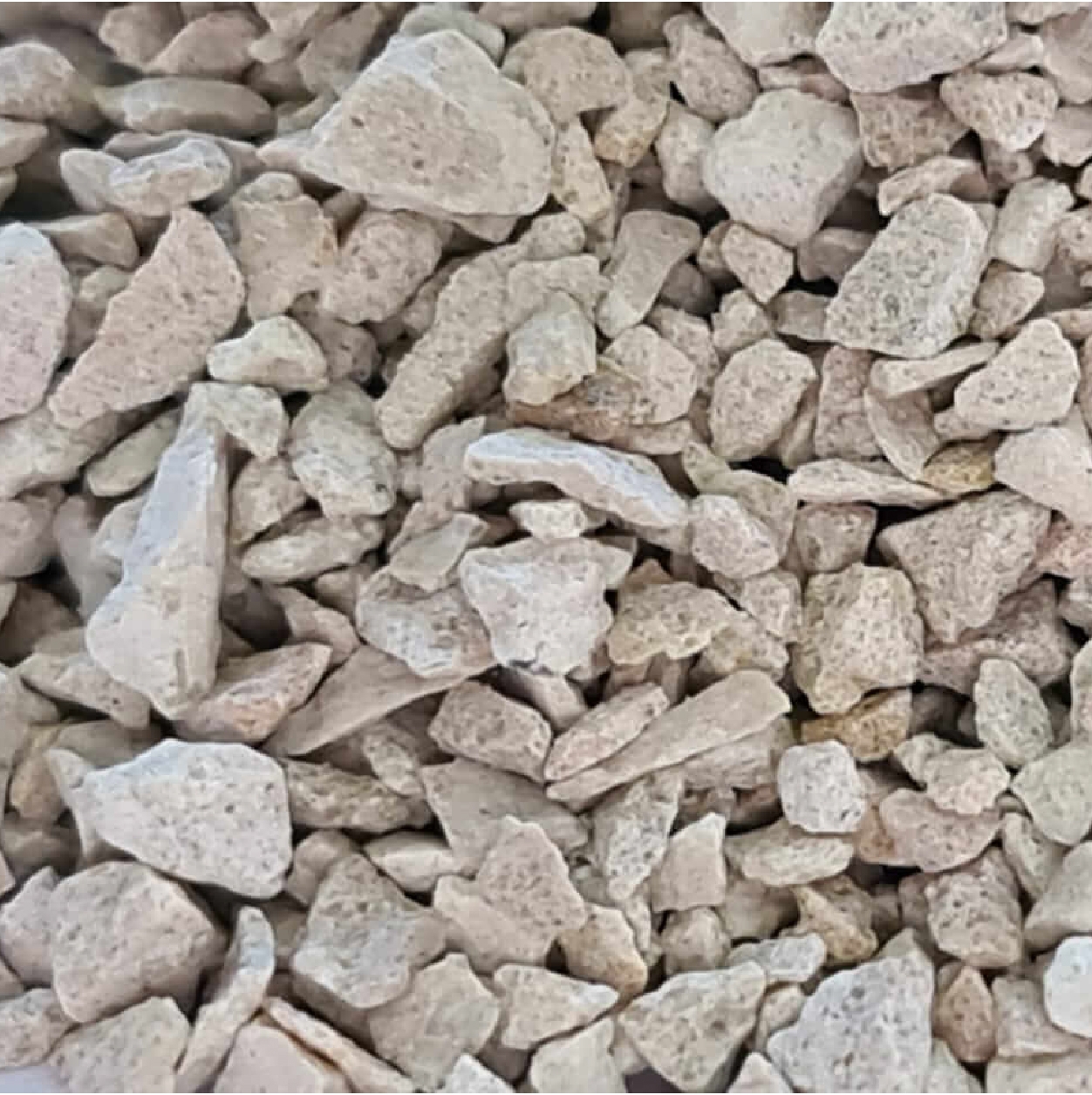Quartz gravel/quartz is a familiar mineral found in many types of rocks. Pure quartz is transparent and consists of silicon dioxide, and it has the chemical formula SiO2. Quartz has many important uses in science and industry. You can find quartz in many forms, and in the three main types of rocks: igneous, metamorphic, and sedimentary. With the exception of aluminum silicate, quartz is one of the most abundant materials in the composition of rocks in the continental crust of the Earth. Quartz/quartz gravel is also one of the hardest minerals, and among the few minerals that surpass in hardness are beryl, spinel, topaz, sapphire and diamond. Erosion does not affect the quartz as quickly as it does in most rock materials.
Frenchman Pierre Curie discovered quartz and his brother (Jacques), who was studying a sample of sand in the year 1880 when they observed a strange phenomenon. It is that when you expose quartz (silicon dioxide) to a mechanical voltage, you generate an electric current. Conversely, if you expose the quartz crystal to an electric field, it will oscillate and vibrate at a certain frequency. This vibration and oscillation were of high regularity and accuracy. This phenomenon, aka “piezoelectric”, enabled researchers to manufacture many sensitive devices. Among the most important are watches that measure time with high accuracy. The share of quartz in the watch industry has reached more than 85% of the global watch market.







